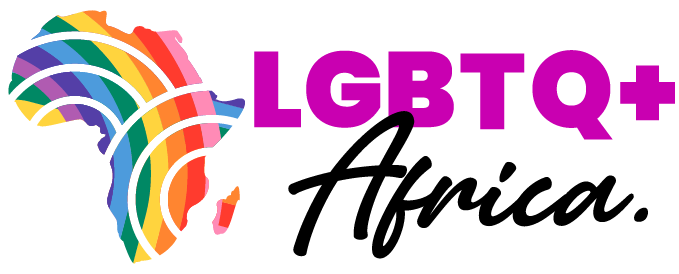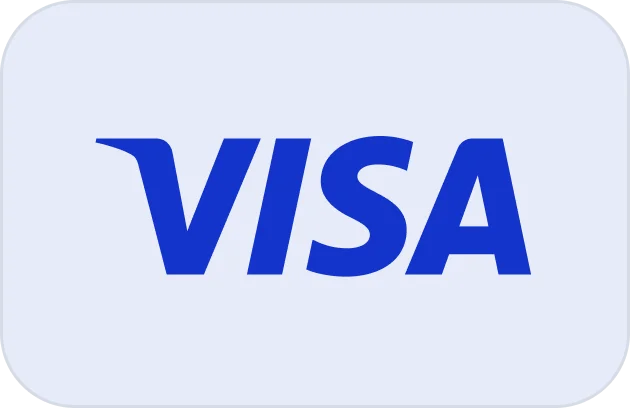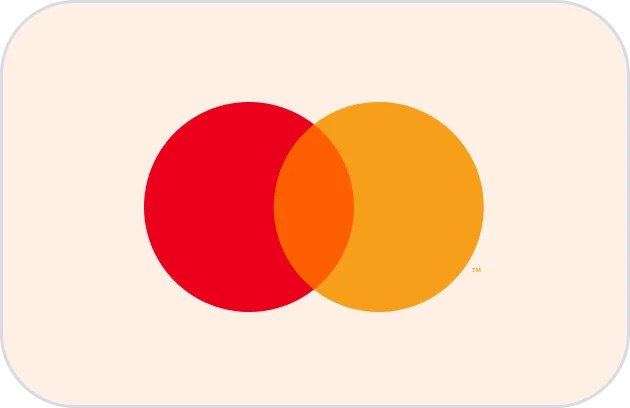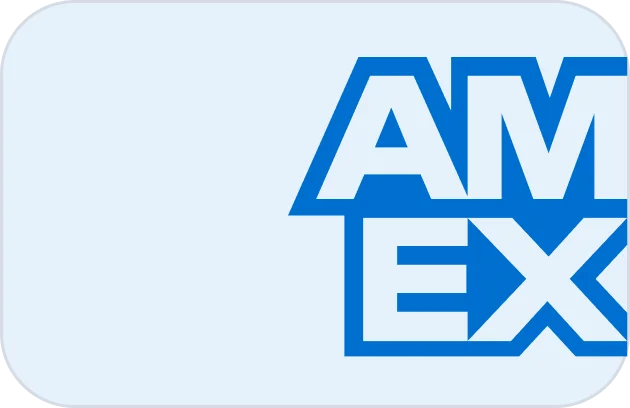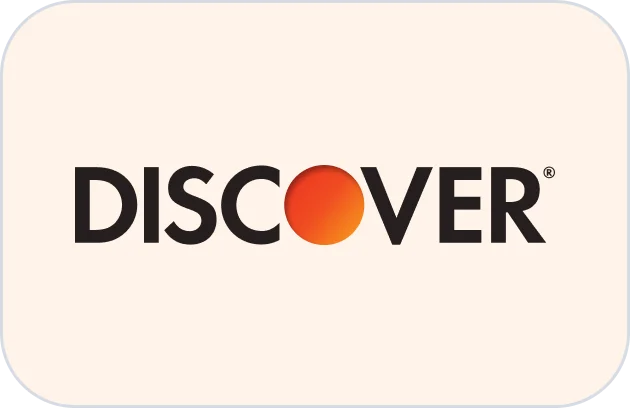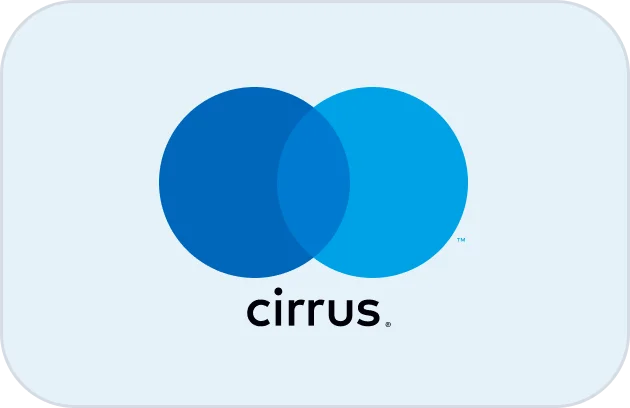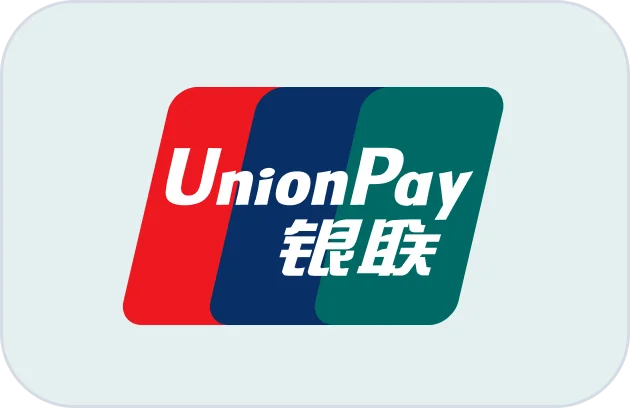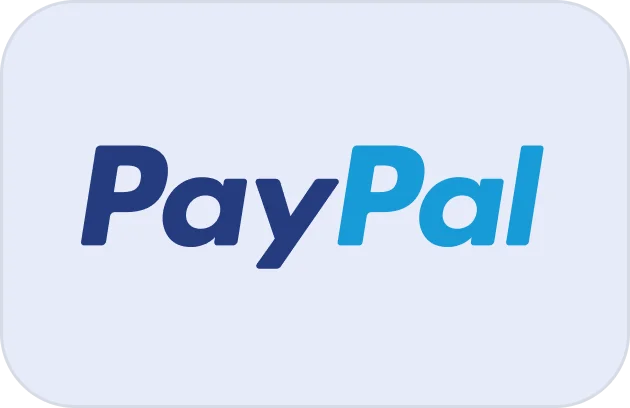1. What does the foundation do?
We empower LGBTQ+ Africans through advocacy, legal support, mental health services, education, and emergency relief. Our work focuses on dismantling systemic oppression, fostering cultural pride, and ensuring equitable access to safety, healthcare, and economic opportunities.
2. Why focus on Africa specifically?
LGBTQ+ Africans face unique challenges, including criminalization in over 30 countries, cultural stigma, and limited access to inclusive services. Our foundation centers African voices and solutions to address these localized struggles while advocating for pan-African solidarity.
3. How do you ensure safety for beneficiaries?
We prioritize confidentiality and partner with trusted grassroots networks. Services like emergency housing, legal aid, and secure online platforms are designed to protect identities. We also train local allies (e.g., lawyers, healthcare providers) to create safer ecosystems.
4. Is being LGBTQ+ “un-African”?
No. LGBTQ+ identities have always existed in African cultures, though colonial-era laws and imported prejudices erased this history. We celebrate pre-colonial traditions that honored diverse gender and sexual identities, reclaiming LGBTQ+ belonging in Africa.
5. How can I support the foundation?
You can:
-
Donate to fund legal aid, shelters, or education programs.
-
Volunteer as a mentor, translator, or skills trainer.
-
Amplify our campaigns on social media.
-
Advocate for LGBTQ+ rights in your community.
6. Do you work with religious groups?
Yes! We collaborate with faith leaders and institutions that affirm LGBTQ+ dignity. Our interfaith dialogues aim to counter harmful interpretations of religion while fostering inclusive spiritual spaces.
7. What if my country criminalizes LGBTQ+ people?
We provide discreet support through our crisis hotline, emergency relocation programs, and partnerships with international human rights organizations. No one is turned away due to legal risks.
8. How are funds used?
Funds are allocated transparently:
-
60%: Direct services (legal aid, healthcare, shelters).
-
20%: Advocacy and education campaigns.
-
15%: Community-building (Pride events, safe spaces).
-
5%: Administrative costs.
9. How do you address cultural sensitivity?
We respect African traditions while challenging practices that harm LGBTQ+ people. Our programs are co-designed with local communities to ensure cultural relevance and avoid Western-centric approaches.
10. Can allies access your services?
Yes! Allies can join workshops, volunteer, or access resources to better support LGBTQ+ loved ones. We also train employers, teachers, and healthcare workers on inclusivity.
11. How do you handle backlash or opposition?
We work strategically with legal experts, security advisors, and media teams to mitigate risks. Public education campaigns and partnerships with policymakers help shift societal attitudes over time.
12. Do you support LGBTQ+ refugees?
Yes. We collaborate with organizations like UNHCR to provide relocation assistance, psychosocial support, and resettlement programs for LGBTQ+ Africans fleeing persecution.
13. What about HIV/AIDS advocacy?
HIV/AIDS remains a critical issue. We offer free testing, prevention tools (e.g., PrEP), and stigma-free treatment access while advocating for policies that prioritize LGBTQ+ health equity.
14. How do you measure success?
We track:
-
Legal victories (e.g., decriminalization, anti-discrimination laws).
-
Number of individuals accessing safe housing, healthcare, or jobs.
-
Shifts in public opinion (via surveys and media engagement).
-
Growth of grassroots LGBTQ+ networks across Africa.
15. How can I access your services?
Visit our website’s secure portal or contact our 24/7 hotline. All inquiries are confidential, and we prioritize urgent cases (e.g., violence, homelessness).
16. Are you affiliated with Western organizations?
We partner with global allies but remain African-led. Decisions are guided by local activists and beneficiaries to avoid neocolonial influences.
17. What if I’m not “out” but need help?
Your privacy is respected. Many services (e.g., online counseling, anonymous hotlines) allow discreet support without disclosing your identity.
18. How do you address intersectional issues (e.g., race, disability)?
Our programs are designed with marginalized groups in mind, including queer women, disabled LGBTQ+ individuals, and ethnic minorities. We prioritize their leadership in decision-making roles.
19. Do you support LGBTQ+ youth?
Absolutely! We run mentorship programs, scholarships, and safe spaces for LGBTQ+ youth, alongside advocating for inclusive education policies.
20. What’s your long-term goal?
To create a continent where LGBTQ+ Africans thrive without fear. This includes full legal equality, cultural acceptance, and equitable access to healthcare, education, and employment.
- We need your help.
Give LGBTQ+ individuals in Africa a better life.
Join us and help in your way. Any gesture on your part will be welcomed.
